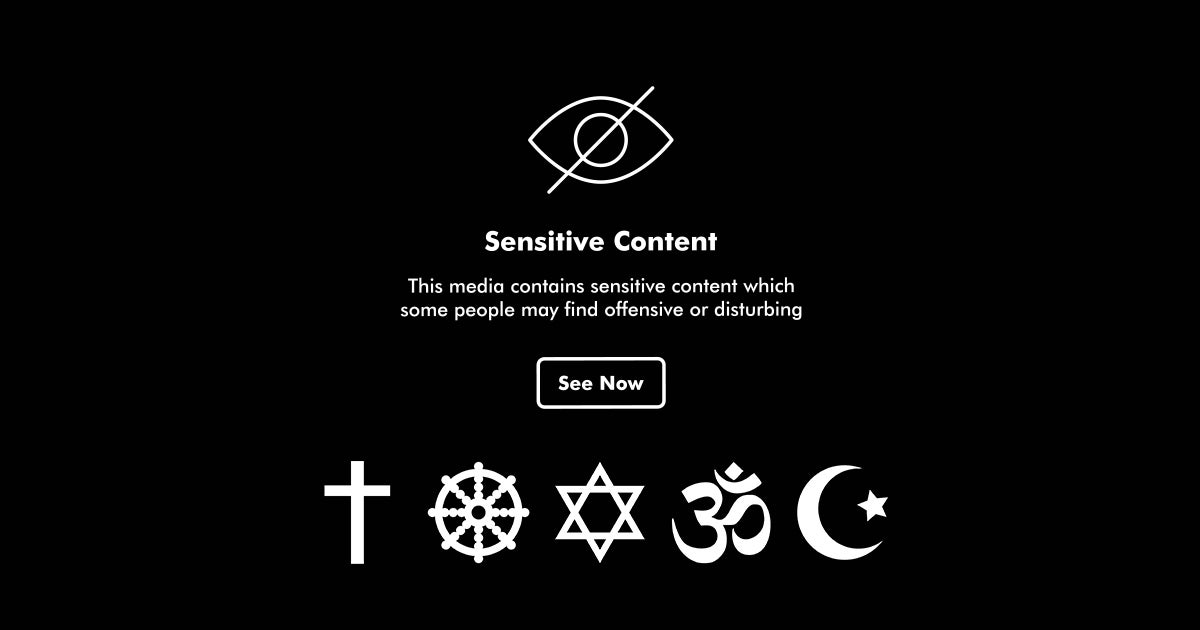
by First Liberty Institute • 5 min read
The U.S. Supreme Court will soon hear two consolidated cases on the subject of free speech: NetChoice, LLC v. Moody and NetChoice, LLC v. Paxton. These cases impact religious expression online, which is why we recently filed a friend of the court (amicus) brief on behalf of The Babylon Bee, a satire site, as well as its sibling, Not the Bee, a Christian news website. We filed it with the help of Consovoy McCarthy PLLC and the Antonin Scalia Law School Supreme Court Clinic.
These cases involve lawsuits over state laws in Texas and Florida. The states passed laws to increase transparency and accountability for Big Tech companies. The laws required social media giants to publish their user standards and then apply them fairly. Our attorneys wrote:
“[T]hese laws advance core First Amendment values by promoting the free exchange of ideas and by protecting religious viewpoints, among others, from censorship. And they restore trust and consumer confidence in social media.”
Part of the problem, our brief explains, is that Big Tech companies may claim to be “content-neutral” and an “open platform,” but then turn around and silence viewpoints with which they disagree, including religious and conservative viewpoints.
We argue that accountability is badly needed, because social media giants have “targeted conservative users and religious messages for censorship, selectively invoking vague policies against ‘hate’ and ‘misinformation’ to stunt the free flow of information and silence conservative voices.” And all too often, people of faith are censored because Big Tech companies disagree with their religious beliefs.
Yesterday we filed an amicus brief with the Supreme Court. Our hope is to persuade the court to uphold state laws that safeguard speech in the modern public square. https://t.co/3DPgdNINB8
— Seth Dillon (@SethDillon) January 24, 2024
In particular, The Babylon Bee and Not the Bee have been negatively impacted. The Babylon Bee has been censored and “shadow banned”––when a company stops showing posts to other users—which in turn hampers web traffic to Not the Bee. The brief outlines multiple instances where a social media company has shown bias in what it allows and what it bans. One example involves our friends at a religious nonprofit organization. Our brief points out:
“When Focus on the Family’s Daily Citizen explained transgenderism for its unwoke followers—noting that a ‘transgender woman’ is ‘a man who believes he is a woman’—Twitter permanently banned the publication for posting ‘hate.’”
We also explain that the Texas and Florida laws do not infringe on the free speech rights of corporations. In fact, the law allows them to create their own user standards. It doesn’t mandate what they must accept on their platform. It merely requires them to be accountable to the people: if their user standards discriminate against certain viewpoints, that discrimination should be transparent to the public. Our attorneys explained why requiring social media companies to announce and evenly apply their own rules protects consumers and is consistent with federal law and the First Amendment.
Social media is highly influential. It offers a platform for billions of people to communicate their thoughts, serving as the modern-day public square. And if social media giants wish to censor viewpoints that they dislike, rather than being an open forum, then they should have to reveal that bias to the public.
Tech giants should be held accountable. We hope the Supreme Court will promote the free and fair exchange of ideas and protect religious viewpoints from unfair suppression.